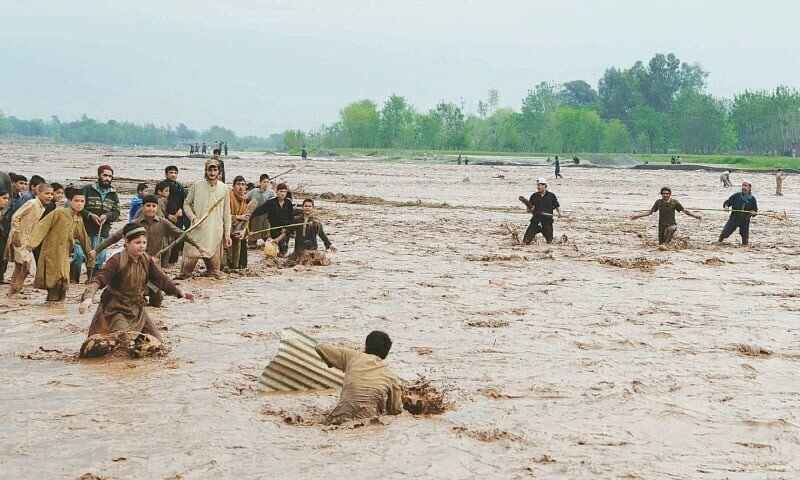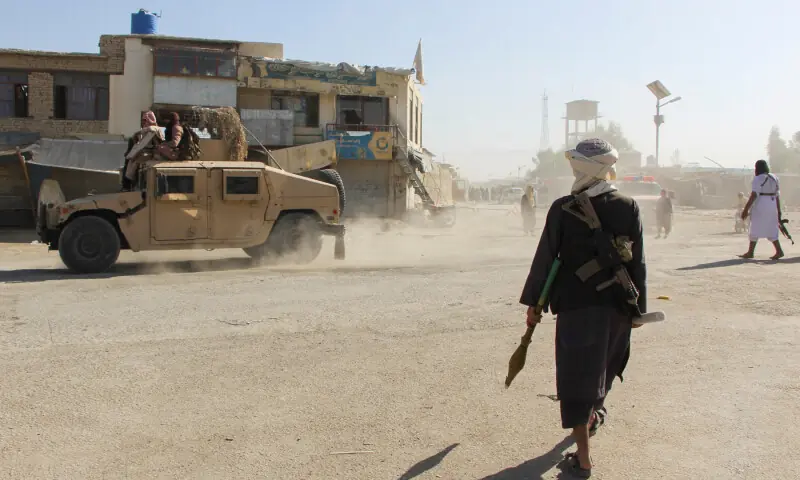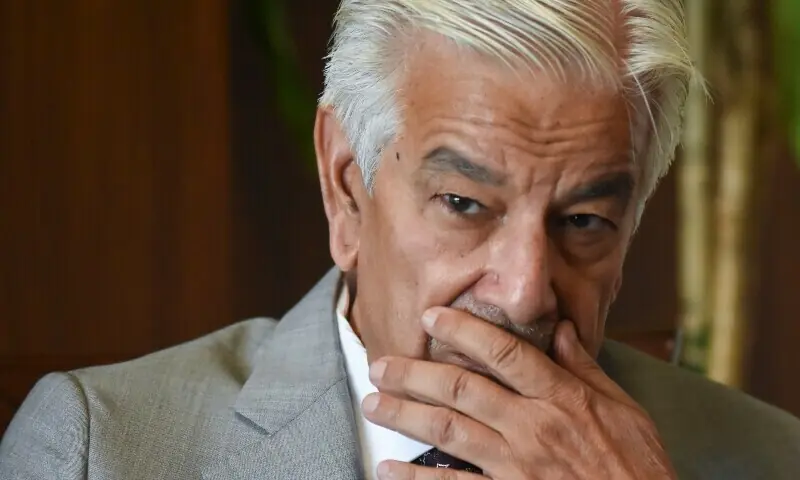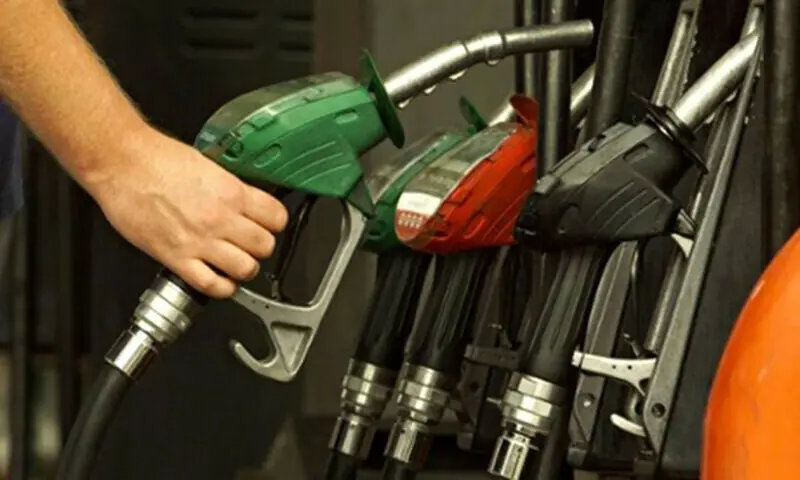• Shezra tells dialogue prior to the budget that 30 percent of all public development projects undergo climatic evaluation
• MQM-P MNA reveals that 4 million people in Karachi live in non-resistant homes
• Sanaullah Baloch argues the ongoing insurgency in Baluchistan rooted in the unfair distribution of resources
Islamabad: Dr. Shezra Mansab Ali Khan Kharal, Minister of State for Climate Change and Environmental Coordination, announced on Tuesday the first budget centered in the country’s climate for fiscal year 2025–26 under which 30 percent of all public development projects would undergo an evaluation of climate public investment management (CPIMA).
“It is a significant change to integrate climatic considerations into national economic planning,” said the minister.
The announcement was made during the dialogue prior to the 2025 Budget, entitled “Rethinking the economic policy for a fair energy transition”, organized by the Institute of Sustainable Development Policy (SDPI) in collaboration with the Institute for Equitable Development Policies Research (PRied). The event brought together key political leaders, economists, parliamentarians and energy experts to discuss the alignment of fiscal strategies with climate resilience and sustainability objectives.
Dr. Kharal highlighted the multifaceted challenges that Pakistan faces, including the increase in vulnerability to the climatic risks that affect agriculture, the suspension of India of the India Treaty of the Indo Water that exacerbates the shortage of water and the limitations imposed by the Austerity program of the IMF that limits the development expenses. He pointed out that inefficiencies and circular debt of the energy sector continue to force the national budget, which requires a transition to sustainable energy solutions.
Malik Amin Aslam, former special assistant of the Prime Minister on Climate Change, stressed that Pakistan cannot avoid the impacts of climate change, which could force the country to spend 9 percent of its GDP on resilience efforts. He advocated carbon tax implementation to ensure that the income collected is invested in climate resilience initiatives.
MNA Arshad Abdullah Vohra of MQM-P emphasized that climate change and energy transition are two different subjects. He stressed that energy and power are federal subjects, while climate change has become a provincial responsibility after the 18th constitutional amendment. When addressing urban resilience, he revealed that four million people in Karachi live in non -resistant homes, including 1 million inhabitants of registered marginal neighborhoods.
Sanaullah Baloch, former senator and current member of the Baluchistan Assembly, delivered a presentation on “Baluchistan, Energy Justice and Economic Development”. He argued that the insurgency and the ongoing conflict in Baluchistan are rooted in the unfair distribution of their resources.
He recalled that Pakistan was among only five countries in the world that discovered natural gas in 1955, and Baluchistan gas contributed to $ 200 billion in value. He affirmed that the industrial revolution throughout Pakistan was conducted by Baluchistan gas, comparing the energy with the bloodstream of a nation. He regretted the lack of energy access in Baluchistan, which hinders development, with only 20 percent access to the network compared to the Punjab 95PC, the 85PC of Sindh and the 80pc of KP.
The lawyer Danyal Chaudhary, a parliamentary secretary of Information and Transmission described nursing cultures under a scorching sun, the students in Baluchistan who study in the light of candles and mothers in Punjab praying for affordable electricity as vivid examples of how energy problems translate into dignity and survival.
Dr. Abid Qaiyum Suleri, executive director of SDPI, emphasized the economic imperatives that drive the energy transition. He pointed out that the increase in fuel prices and the liberalization of the second -hand car market could accelerate the adoption of hybrid and electric vehicles, thus promoting energy efficiency and reducing dependence on fossil fuels.
Shahid Hafeez Kardar, former governor of the State Bank of Pakistan, emphasized the need for economic policies that prioritize long -term sustainability over short -term stabilization. He advocated changing reactive subsidies to proactive investments.
Khalid Mansoor, the main member of the Regional Economic Forum of Pakistan and former special assistant of the Prime Minister on CPEC matters, highlighted the CPEC transformation phase, focusing on the energy transition, smart agriculture, value -added textiles and digital transformation.
Dr. Sajid Amin Javed, SDPI executive deputy director, said that Pakistan’s economic policy has focused mainly on stabilization, often neglecting the sustainability objectives. He advocated the imposition of carbon taxes and oil levies to achieve income objectives while promoting green energy transition as a solution to macroeconomic problems.
Shah Jahan Mirza, managing director of the Board of Energy and Private Infrastructure (PPIB), said that Pakistan has already achieved the generation of clean energy of 47 percent in its combination of current energy, which requires promoting the local development of panels and solar energy equipment.
Dr. Khaqqan Najeb, a senior economist, emphasized that Pakistan energy problems have their roots in governance and management challenges instead of only energy costs or inefficiencies. He asked for a unified and authorized energy regulator.
AFIA Malik, an economist, warned that oil levies directly impact the poor, suggesting that carbon taxes in emitting energy sources would transfer the load to final consumers, including the middle class. Shiraz Shah, head of resilience, environment and climate change in UNDP, stressed that energy transition is a governance problem that requires a multisectoral approach.
Posted in Dawn, May 21, 2025









